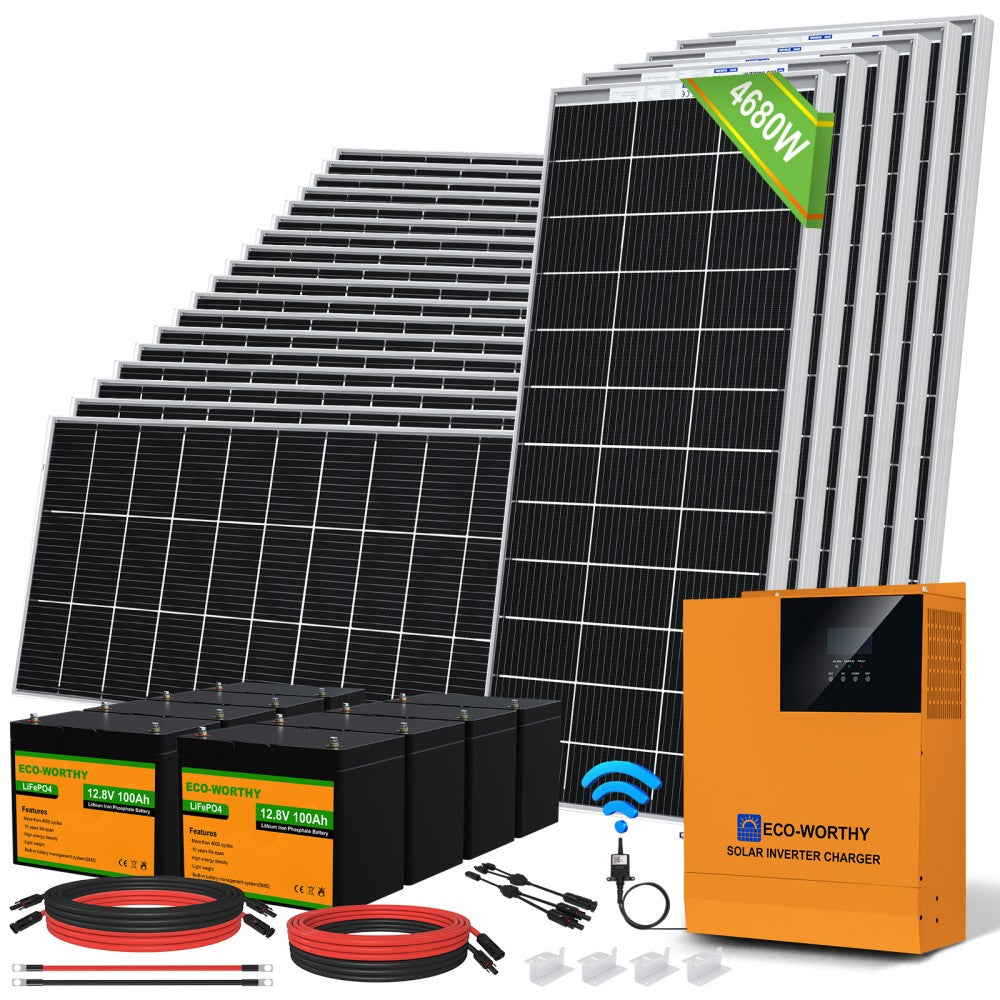The Ultimate Guide to Designing a Full Off Grid Solar System for Your Home
In recent years, the concept of a full off grid solar system has gained immense popularity among homeowners seeking energy independence. This comprehensive guide aims to provide you with a deep understanding of how to design and implement such a system effectively.
Understanding the Full Off Grid Solar System
A full off grid solar system allows you to generate, store, and utilise solar energy without relying on the traditional power grid. But what are the essential components of this system? Typically, it includes solar panels, a charge controller, batteries, and an inverter. Each component plays a crucial role in ensuring that your home remains powered, even in remote locations.
Key Components of a Full Off Grid Solar System
- Solar Panels: These capture sunlight and convert it into electricity.
- Charge Controller: This regulates the voltage and current coming from the solar panels to the batteries.
- Batteries: They store the energy generated for use during non-sunny periods.
- Inverter: This converts the stored DC power into AC power, which is used by most household appliances.
Benefits of Going Off Grid
Transitioning to a full off grid solar system offers numerous advantages. Firstly, it significantly reduces your electricity bills. Secondly, it provides energy security, especially in areas prone to power outages. Additionally, using renewable energy contributes to environmental sustainability, reducing your carbon footprint.
Considerations for Designing Your System
When designing a full off grid solar system , several factors must be taken into account:
- Energy Needs: Calculate your daily energy consumption to determine the size of the system required.
- Location: Assess the solar potential of your area, as this will influence the efficiency of your solar panels.
- Budget: Establish a budget that includes all components and installation costs.
- Regulations: Check local regulations regarding solar installations to ensure compliance.
Installation and Maintenance Tips
Installing a full off grid solar system can be a complex process, but with the right guidance, it can be manageable. It is advisable to consult with professionals who specialise in solar energy systems. Regular maintenance is also essential to ensure optimal performance. This includes cleaning the solar panels and checking battery health periodically.
For those interested in exploring ready-made solutions, consider visiting  . They offer a variety of off grid solar kits tailored to different energy needs.
. They offer a variety of off grid solar kits tailored to different energy needs.
Conclusion
In conclusion, a full off grid solar system is an excellent investment for those seeking energy independence and sustainability. By understanding the components, benefits, and considerations involved, you can design a system that meets your specific needs. Embrace the power of solar energy and take the first step towards a greener future.
